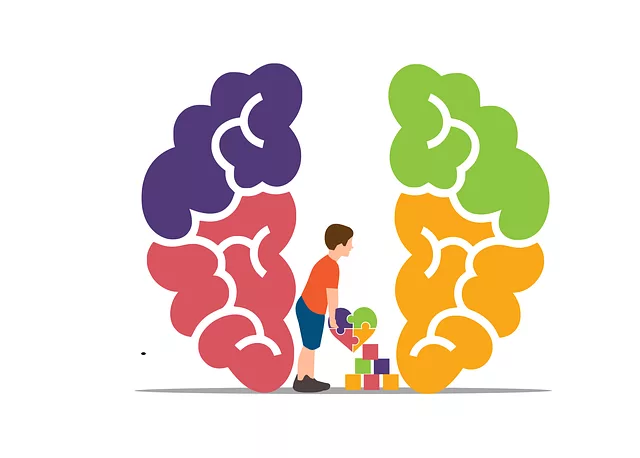Anxiety disorders, fueled by genetic, brain, life, or environmental factors, can significantly impact daily life with symptoms like rapid heartbeat and panic. The Parker Kaiser Permanente (PKP) mental health department offers critical support through a comprehensive approach combining evidence-based techniques such as cognitive behavioral therapy (CBT), empathy building, crisis intervention guidance, risk management planning, holistic self-care strategies, and social skills training. PKPMH prioritizes tailored care addressing unique needs, aiming to empower patients with tools for sustained mental health and well-being, accessible via the PKP mental health department number.
Anxiety is a prevalent condition affecting millions, yet manageable through evidence-based techniques. This article guides you through understanding anxiety’s symptoms and causes, offering effective management strategies backed by research. We explore specific techniques proven successful at the Parker Kaiser Permanente Mental Health Department, emphasizing their significance for long-term wellness. Discover how integrating self-care strategies can revolutionize your mental health journey, empowering you to take control and live a fulfilling life.
- Understanding Anxiety: Symptoms and Causes
- Evidence-Based Techniques for Effective Management
- Integrating Self-Care Strategies for Long-Term Wellness at Parker Kaiser Permanente Mental Health Department
Understanding Anxiety: Symptoms and Causes

Anxiety is a normal human response to stress, but when it becomes overwhelming and persistent, it can significantly impact daily life. The Parker Kaiser Permanente mental health department number offers a vital resource for those struggling with anxiety disorders. Symptoms can include rapid heartbeat, sweating, trembling, difficulty breathing, and feelings of dread or panic. These physical and emotional signs often signal an impending crisis, requiring prompt attention.
Several factors contribute to anxiety, including genetic predisposition, brain chemistry, life experiences, and environmental stressors. Traumatic events, chronic stress, or even certain medical conditions can trigger anxiety disorders. Understanding these causes is essential for developing effective coping strategies, as mental health professionals can provide tailored Empathy Building Strategies and Crisis Intervention Guidance. Additionally, implementing a well-structured Risk Management Planning process can help individuals and professionals navigate anxiety-inducing situations more effectively.
Evidence-Based Techniques for Effective Management

Anxiety management techniques backed by scientific research are essential components of effective treatment plans. The Parker Kaiser Permanente mental health department offers evidence-based strategies that have been proven to significantly reduce anxiety symptoms. One such technique is cognitive behavioral therapy (CBT), which helps individuals identify and change negative thought patterns contributing to their anxiety.
Additionally, the department promotes empathy building strategies, where mental health professionals foster understanding and connection with clients. This approach not only enhances therapeutic alliances but also empowers individuals to better manage their anxiety in daily life. Moreover, risk management planning is integral to ensuring safety and support for those struggling with severe anxiety. By combining these evidence-based practices, the Parker Kaiser Permanente mental health department provides comprehensive care tailored to individual needs.
Integrating Self-Care Strategies for Long-Term Wellness at Parker Kaiser Permanente Mental Health Department

At Parker Kaiser Permanente Mental Health Department, integrating self-care strategies is key to long-term wellness. Patients are encouraged to adopt holistic practices that cater to their physical and emotional needs, serving as a powerful tool in managing anxiety. This approach often involves tailored plans, including regular exercise, mindfulness techniques, and healthy eating habits, designed to foster resilience against stress and promote a sense of calm.
The department recognizes the importance of empathy building strategies, social skills training, and communication strategies in enhancing patient care. These methods not only empower individuals to cope with anxiety but also facilitate meaningful connections and support networks. By combining self-care practices with evidence-based therapeutic techniques, Parker Kaiser Permanente aims to equip patients with the necessary tools for sustained mental health and well-being.
Anxiety management is a personalized journey, and the techniques discussed here offer a comprehensive toolkit. By understanding anxiety’s unique presentation and incorporating evidence-based strategies, individuals can effectively navigate their mental health journeys. The Parker Kaiser Permanente Mental Health Department’s approach, with its focus on self-care integration, highlights the importance of holistic wellness for long-term anxiety management. This article equips readers with knowledge and resources to take control of their anxiety, fostering resilience and a improved quality of life.





